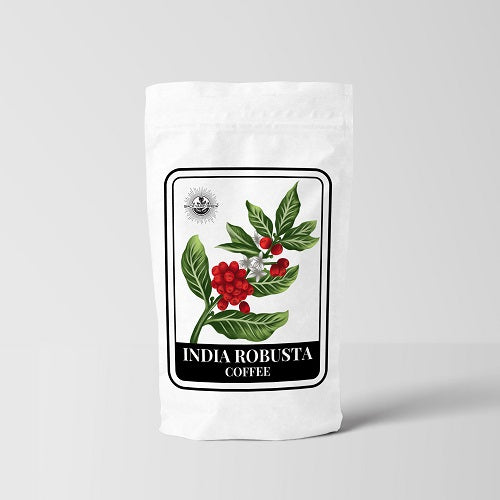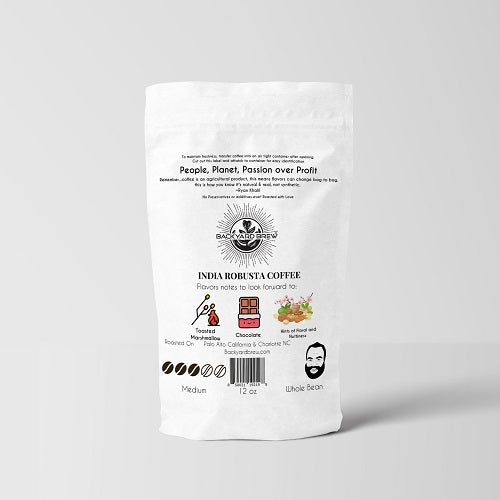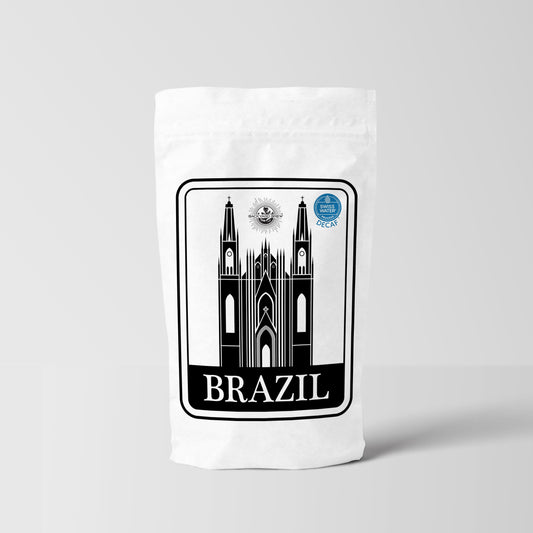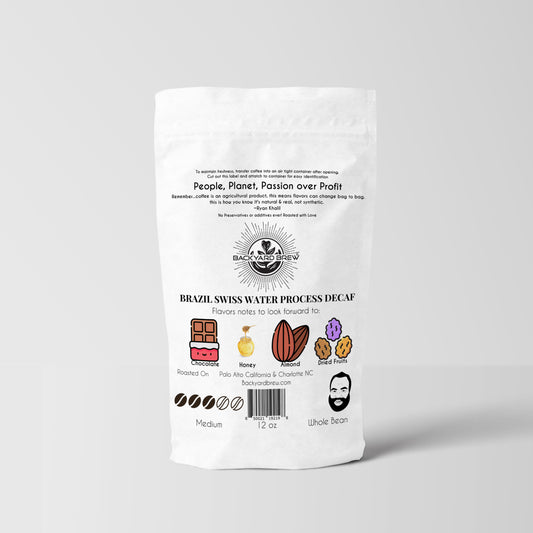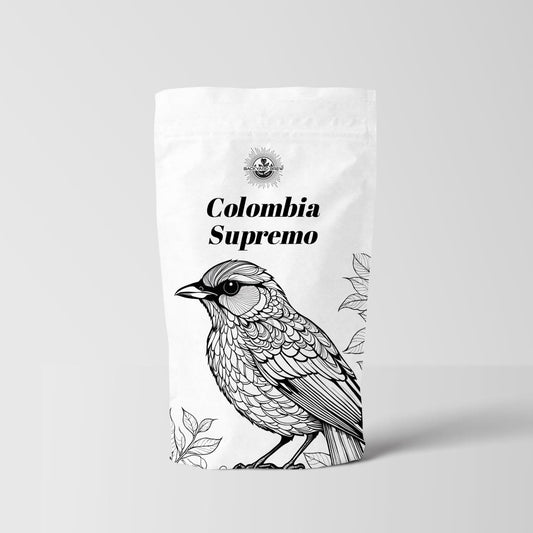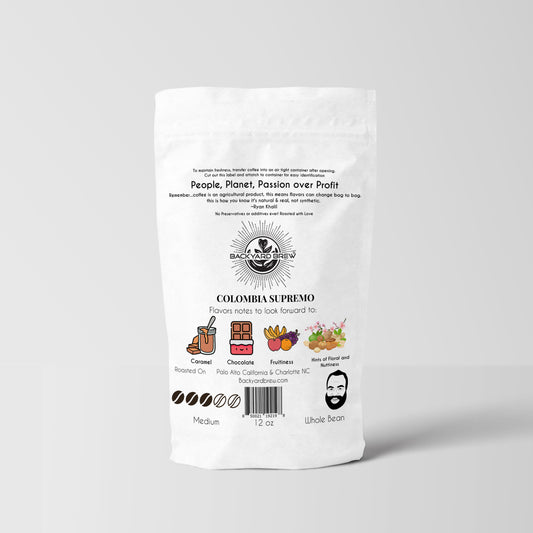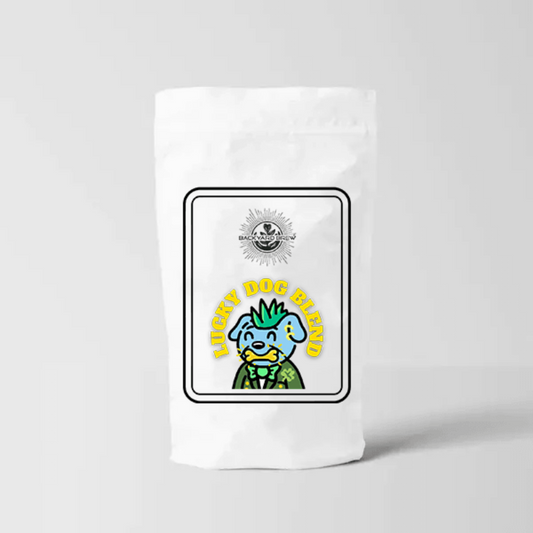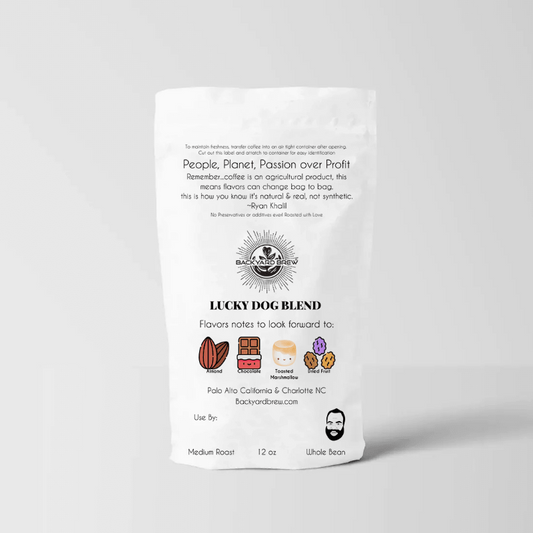Tea in Traditional Medicine - the healing power of tea
Related Product
Subscribe
Table of Contents
Do you know that tea has a history of being used as a medicine – to this day? That’s right! This simple beverage, enjoyed by millions, holds a treasure trove of health benefits. From ancient times to modern-day practices, it has played a significant role in healing and wellness. In this blog, we will explore the different types of tea leaves and their medicinal properties. So, if you want to know how the tea has been used in traditional medicine, read this blog till the end. Here we go…
The Historical Significance of Tea
Originating in China, it was initially used for medicinal purposes. Ancient texts describe how tea was believed to cure ailments and promote overall health. So, tea has a rich history – even medicinal. Anyway, as the trade routes expanded, tea spread to different parts of the world. Thus, each culture adopted its unique practices and beliefs surrounding this beloved drink.
The Role of Tea in Traditional Medicine
In traditional medicine, tea is more than just a drink. It is a remedy, a ritual, and a source of comfort. You should know that different cultures have their own ways of using tea for healing. For instance, in Traditional Chinese Medicine (TCM), tea is often used to balance the body's energies. In Ayurveda, the ancient Indian system of medicine, herbal teas are used to detoxify and rejuvenate the body.
|
Culture |
Traditional Medicine System |
Tea Usage |
Purpose |
|
China |
Traditional Chinese Medicine (TCM) |
Balancing the body's energies |
Promotes harmony and wellness |
|
India |
Ayurveda |
Herbal teas for detoxification and rejuvenation |
Cleanses the body and restores balance |
|
Japan |
Traditional Japanese Medicine |
Matcha in tea ceremonies |
Enhances mindfulness and mental clarity |
|
Middle East |
Unani Medicine |
Herbal infusions with spices |
Supports digestion and overall health |
|
Western Herbalism |
Folk Medicine |
Various herbal teas for specific ailments |
Treats conditions like colds, digestive issues |
|
Africa |
Traditional African Medicine |
Rooibos and other herbal teas |
Provides hydration and antioxidant benefits |
Types of Tea Leaves and Their Benefits
Understanding the Types of Tea Leaves is essential to appreciate their medicinal properties. After all, each type of tea offers unique benefits. Ultimately, making them valuable in traditional medicine.
-
Black Tea
Black Tea is one of the most popular types of tea worldwide. It is fully oxidized, giving it a robust flavor and dark color. In traditional medicine, black tea is known for its high antioxidant content. These antioxidants help combat free radicals, reducing the risk of chronic diseases.
Black tea is also believed to improve heart health. Studies suggest that regular consumption can lower blood pressure and cholesterol levels. Additionally, it may aid digestion and enhance mental alertness, making it a great choice for those needing a boost.
-
White Tea
White Tea is the least processed of all tea types. It is made from young tea leaves and buds, giving it a delicate flavor. In traditional medicine, white tea is prized for its high levels of antioxidants. These compounds help protect the skin from aging and promote overall health.
White tea is also known for its calming effects. It can help reduce stress and anxiety, making it an excellent choice for those seeking relaxation. Its gentle nature makes it suitable for all ages, including children and the elderly.
-
Herbal Tea
Herbal Tea is not technically tea, as it does not come from the Camellia sinensis plant. Instead, it is made from various herbs, flowers, and fruits. In traditional medicine, herbal teas have been used for centuries to treat a wide range of ailments.
For example, chamomile tea is known for its soothing properties, helping with sleep and digestion. Peppermint tea can relieve headaches and improve respiratory health. The versatility of herbal tea makes it a staple in many traditional medicine practices.
-
Oolong Tea
Oolong Tea is a partially oxidized tea, falling between black and green tea. It offers a unique flavor profile and a range of health benefits. In traditional medicine, oolong tea is believed to aid in weight management and improve metabolism.
Oolong tea is also known for its ability to enhance mental clarity. It can help improve focus and concentration, making it a popular choice for students and professionals alike. Its rich flavor and health benefits make it a delightful addition to any tea collection.
-
Pu erh Tea
Pu erh Tea is a fermented tea that originates from China. It has a unique earthy flavor and is often consumed for its health benefits. In traditional medicine, pu erh tea is known for its ability to aid digestion and promote gut health.
This tea is also believed to help with weight loss. Some studies suggest that pu erh tea can reduce fat accumulation and improve cholesterol levels. Its unique fermentation process also enhances its antioxidant properties, making it a valuable addition to traditional medicine.
|
Type of Tea |
Description |
Key Benefits |
Medicinal Properties |
|
Black Tea |
Fully oxidized, robust flavor, dark color |
High in antioxidants, improves heart health, aids digestion, enhances mental alertness |
Reduces risk of chronic diseases, lowers blood pressure and cholesterol |
|
White Tea |
Least processed, made from young leaves and buds |
High in antioxidants, calming effects, suitable for all ages |
Protects skin from aging, reduces stress and anxiety |
|
Herbal Tea |
Made from various herbs, flowers, and fruits |
Versatile for treating ailments, soothing properties |
Helps with sleep (chamomile), relieves headaches (peppermint) |
|
Oolong Tea |
Partially oxidized, unique flavor profile |
Aids in weight management, improves metabolism, enhances mental clarity |
Supports focus and concentration, beneficial for overall health |
|
Pu erh Tea |
Fermented tea with an earthy flavor |
Aids digestion, promotes gut health, may assist in weight loss |
Reduces fat accumulation, improves cholesterol levels, high in antioxidants |
The Healing Properties of Tea
Tea is not just a beverage; it is a source of healing. Each type of tea offers specific benefits that can enhance overall health. Let’s explore some of the healing properties associated with different teas.
-
Antioxidant Power
One of the most significant benefits of tea is its high antioxidant content. Antioxidants help protect the body from oxidative stress, which can lead to chronic diseases. Black tea, white tea, oolong tea, and pu erh tea are all rich in antioxidants, making them excellent choices for promoting health.
-
Immune System Support
Tea can also support the immune system. Herbal teas, in particular, are known for their immune-boosting properties. Ingredients like echinacea, ginger, and elderberry are commonly used in herbal teas to help fight off colds and infections.
-
Digestive Health
Many types of tea are known for their positive effects on digestion. Herbal teas, such as peppermint and ginger, are often used to soothe digestive issues. Peppermint tea can relieve bloating and gas, while ginger tea is known for its ability to reduce nausea and improve overall digestive health.
Black tea and oolong tea can also aid digestion. They contain compounds that may help break down food and promote gut health. Drinking tea after meals can be a comforting way to support your digestive system.
-
Stress Relief and Relaxation
Tea has long been associated with relaxation and stress relief. The ritual of brewing and sipping tea can be calming in itself. Herbal teas, such as chamomile and lavender, are particularly known for their soothing properties. They can help reduce anxiety and promote better sleep.
Black tea and oolong tea can also provide a sense of calm. The moderate caffeine content in these teas can enhance alertness without causing jitters, making them a great choice for those needing a gentle pick-me-up.
-
Heart Health
Several studies suggest that tea can benefit heart health. Black tea, in particular, has been linked to lower cholesterol levels and improved blood pressure. The flavonoids found in black tea can help improve blood vessel function and reduce the risk of heart disease.
Oolong tea also shows promise in promoting heart health. Its ability to improve cholesterol levels and support weight management can contribute to overall cardiovascular wellness.
|
Healing Property |
Type of Tea |
Benefits |
Key Ingredients |
|
Antioxidant Power |
Black Tea, White Tea, Oolong Tea, Pu erh Tea |
Protects against oxidative stress, reduces chronic disease risk |
Polyphenols, flavonoids |
|
Immune System Support |
Herbal Teas |
Boosts immune function, fights colds and infections |
Echinacea, Ginger, Elderberry |
|
Digestive Health |
Peppermint Tea, Ginger Tea, Black Tea, Oolong Tea |
Soothes digestive issues, reduces bloating and nausea |
Peppermint, Ginger, Tannins |
|
Stress Relief |
Chamomile Tea, Lavender Tea, Black Tea, Oolong Tea |
Reduces anxiety, promotes relaxation and better sleep |
Chamomile, Lavender, Moderate caffeine |
|
Heart Health |
Black Tea, Oolong Tea |
Lowers cholesterol, improves blood pressure, supports cardiovascular health |
Flavonoids, Theaflavins |
|
Weight Management |
Green Tea, Oolong Tea |
Aids in weight loss, boosts metabolism |
Catechins, Caffeine |
|
Skin Health |
White Tea, Green Tea |
Protects skin from aging, improves complexion |
Antioxidants, Polyphenols |
|
Anti-Inflammatory |
Ginger Tea, Turmeric Tea |
Reduces inflammation, alleviates pain |
Gingerol, Curcumin |
|
Cognitive Function |
Green Tea, Black Tea |
Enhances memory, improves focus and concentration |
L-theanine, Caffeine |
|
Hydration |
Herbal Teas, Green Tea |
Provides hydration, supports overall wellness |
Various herbs, Low caffeine in herbal teas |
|
Blood Sugar Control |
Green Tea, Black Tea |
Helps regulate blood sugar levels |
Polyphenols, Catechins |
|
Respiratory Health |
Peppermint Tea, Eucalyptus Tea |
Eases breathing, relieves congestion |
Menthol, Eucalyptol |
|
Mood Enhancement |
Herbal Teas (e.g., Lemon Balm) |
Improves mood, reduces symptoms of depression |
Lemon Balm, Chamomile |
Tea Rituals in Traditional Medicine
Tea is not just about the drink; it is also about the rituals and ceremonies surrounding it. Different cultures have unique ways of preparing and consuming tea, often incorporating it into their traditional medicine practices.
Chinese Tea Ceremony
In China, the tea ceremony is a time-honored tradition. It emphasizes the art of brewing and appreciating tea. The ceremony is often seen as a way to connect with nature and promote mindfulness. In Traditional Chinese Medicine, the type of tea chosen can be based on the individual's health needs, making it a personalized experience.
Japanese Tea Ceremony
The Japanese tea ceremony, or "chanoyu," is another beautiful ritual. It focuses on harmony, respect, purity, and tranquility. Matcha, a powdered green tea, is often used in this ceremony. The preparation and consumption of matcha are believed to promote mental clarity and calmness, aligning with traditional Japanese beliefs about the mind-body connection.
Ayurvedic Tea Practices
In Ayurveda, herbal teas play a crucial role in balancing the body's doshas (energies). Different herbs are used based on an individual's constitution and health needs. For example, ginger tea may be recommended for those with a "vata" imbalance, while peppermint tea may be suggested for "pitta" types. This personalized approach highlights the importance of tea in Ayurvedic medicine.
|
Culture |
Tea Ritual |
Key Elements |
Purpose |
|
China |
Chinese Tea Ceremony |
Art of brewing, appreciation of tea |
Connects with nature, promotes mindfulness |
|
Japan |
Japanese Tea Ceremony (Chanoyu) |
Harmony, respect, purity, tranquility |
Enhances mental clarity and calmness |
|
India |
Ayurvedic Tea Practices |
Use of specific herbs for dosha balance |
Personalizes health benefits based on constitution |
|
Tibet |
Tibetan Butter Tea Ritual |
Mixing tea with butter and salt |
Provides energy and warmth in high altitudes |
|
Morocco |
Moroccan Mint Tea Ceremony |
Sweetened green tea with fresh mint |
Symbolizes hospitality and social connection |
|
England |
Afternoon Tea |
Tea served with snacks and pastries |
Social gathering and relaxation |
Modern Tea Applications in Health
As we move into the modern era, the use of tea in traditional medicine continues to evolve. Today, many people are turning to tea for its health benefits, often incorporating it into their daily routines.
Tea and Wellness Trends
In recent years, wellness trends have embraced tea as a natural remedy. Many health enthusiasts are exploring the benefits of different types of tea leaves. From detox teas to herbal blends, the market is flooded with options that cater to various health goals.
Scientific Research on Tea
Scientific research has also begun to validate the health claims associated with tea. Numerous studies have explored the benefits of black tea, green tea, and herbal teas. Researchers are uncovering the mechanisms behind tea's health benefits, providing a deeper understanding of how these ancient remedies work.
Tea in Holistic Health
Holistic health practitioners often recommend tea as part of a balanced lifestyle. Whether it's for stress relief, digestive support, or immune boosting, tea is seen as a natural and effective way to enhance well-being. Many practitioners encourage their clients to explore different types of tea and find what works best for them.
Conclusion
Tea is more than just a beverage; it is a bridge between tradition and modern health practices. From ancient rituals to contemporary wellness trends, tea has maintained its place as a powerful tool in traditional medicine. So, the next time you brew a cup of tea, take a moment to reflect on its journey through time and cultures.

